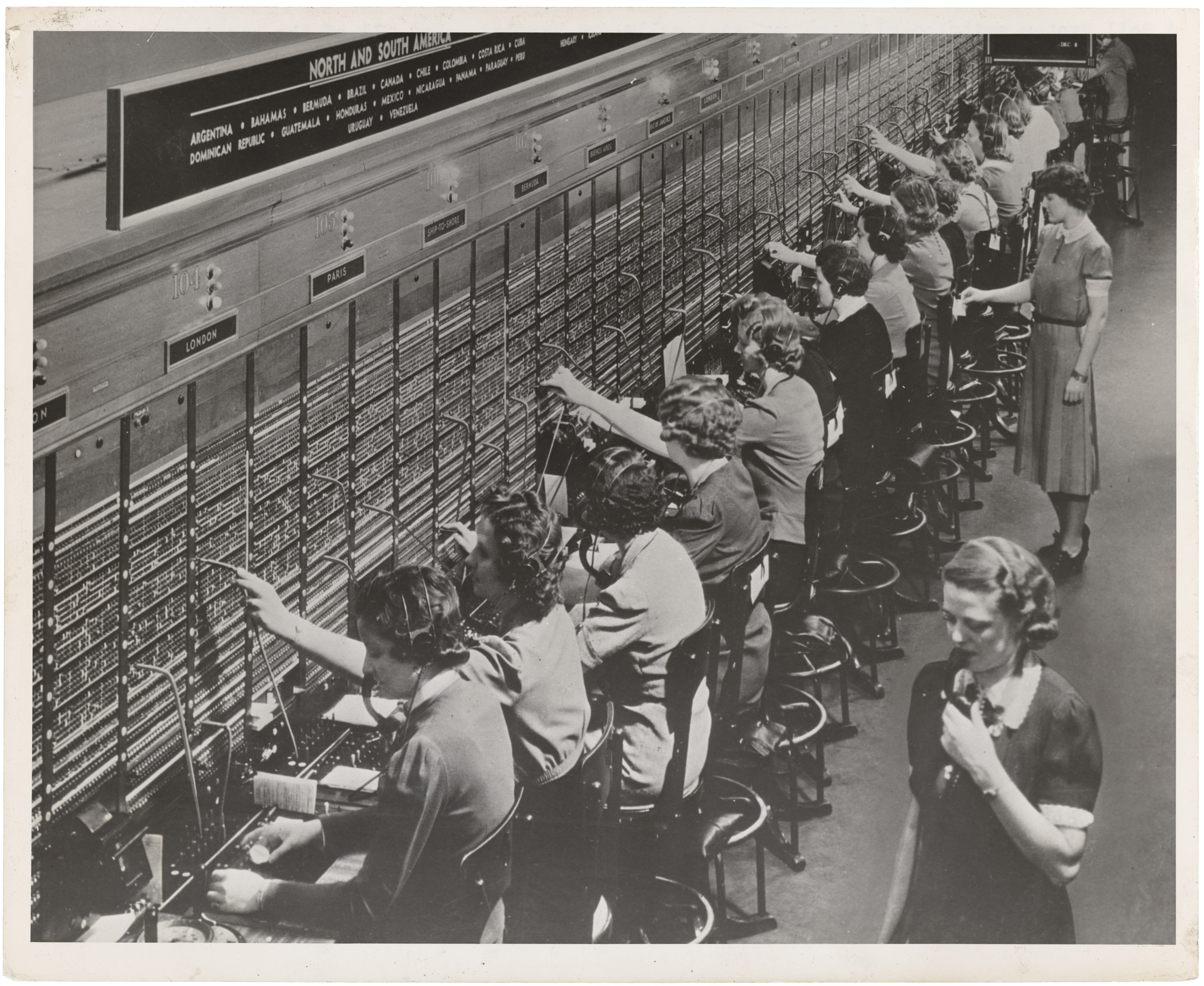Janelle Nanos has a timely article, “So Appy Together,” in Boston Magazine, which asks whether smartphones are fundamentally changing what it means to be human. The short answer is “yes.” Until we figure out how to safely use biotech to make our memories more elastic than they naturally are, we need strategies and processes and tools to manage data overload. If you read this blog very much, you know that I think the net gain from these tools far outweighs any negative, but with utility comes dependency–perhaps even a sort of control. An excerpt from Nanos’ piece:
“I LOVE MY SMARTPHONE. It’s become a second brain in my pocket that’s changed how I process information. It’s with me every waking moment — and the sleeping moments, too — tracking my daily habits. And through my constant e-mail and Facebook activity, and the personal documentation of my life via Twitter and Instagram photos, it’s become the lens through which I see the world. All day long, I find myself instinctively reaching for my phone, using it as a tool to validate my existence.
But lately, my smartphone and I have taken our relationship to the next level. I provide it with ever-more-intimate details about my life. Last year, for example, I set a few goals for myself. I wanted to lose some weight, save money, and run a half marathon. With only a few app downloads, my phone became a trainer, life coach, and confidant. It now knows what I eat, how I sleep, how much I spend, how much I weigh, and how many calories I burn (or don’t) at the gym each day. It’s gotten to the point where my phone now somehow knows more about me than anyone else in the world, including my own darling husband. My gadget has become a tiny black mirror, reflecting back how I see myself. Which means things are getting more complicated between us.” (Thanks Browser.)
Tags: Janelle Nanos

